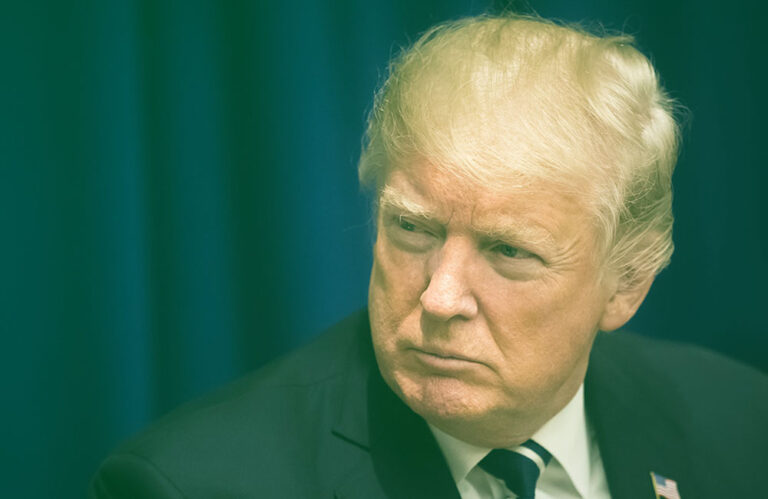
Ninety One chief sustainability officer Nazmeera Moola, emerging market fixed income portfolio manager Thys Louw, and emerging markets equity portfolio manager Archie Hart share their views on the US election.
Nazmeera Moola, chief sustainability officer, Ninety One: “The Republican victory is likely to see the US retreat from all global climate initiatives – much like we saw in the first Trump presidency. This is likely to slow momentum to combat climate change unless other parts of the world step up and fill the gap. We do think that countries like China and India will continue to focus on energy transition related investments – as these investments have been driven by their positive financial benefits and impact on growth to date. While a red sweep is net negative for climate considerations, we do not expect a blanket repeal of all elements of the Inflation Reduction Act. Large portions of the IRA are increasingly being defended by republicans – whose districts benefit from the investment. However, if elements like the green hydrogen credits are retained, we are likely to see amendments in the manner in which they are implemented that would result in more questionable climate outcomes. The republican victory opens the door for tax credits for EVs to be rescinded. However, the proposed tariffs will provide some insulation from US EV producers from cheaper Chinese competitors. Other considerations include the impact of the prospective tariff hikes on the cost of new renewable projects in the US and the likely expansion of oil and gas exploration on federal lands as environmental regulation is rolled back.”
Thys Louw, emerging market fixed income portfolio manager, Ninety One: “With Donald Trump prevailing in the US election and a Republican clean sweep appearing highly likely, the focus will now shift to policy priorities under a second Trump administration. The initial market reaction reveals the expected policy mix to comprise more expansionary US fiscal policy, reduced government regulation, a change in geopolitical stance, and increasingly aggressive trade policy towards global manufacturing centres such as Europe and Asia. This has reflected in the market trading with a reflationary/risk-on tone in US assets (higher treasury yields, stronger equity futures and stronger dollar) while currencies such as the euro and Mexican peso have been the main underperformers as they are likely to find themselves in the crosshairs of trade policy.”
“Within emerging markets, despite a stronger dollar and higher treasury yields, we note that the reaction has not been as broadly negative as feared, for instance, high-yield credit markets have largely performed well given expectations of stronger risk markets, while sovereign debt markets such as Ukraine are rallying on the expectation of expedited peace negotiations under a Trump administration. Looking ahead, several key events over the next few days could help shape the short-term outlook for emerging markets in the face of trade and tariff uncertainty, namely the Chinese National People’s Congress (NPC) meeting, which will give guidance on the size of Chinese fiscal support; the November US Federal Reserve meeting; and finally a 30-year US treasury auction, which will be important in providing an anchor for longer dated treasury rates.”
Archie Hart, emerging markets equity portfolio manager: “Initial market reaction in emerging markets to Trump’s victory has been measured. With some weakness in China and Mexico due to concerns over potentially higher tariffs, but strength in markets which might benefit from a shift in supply chains such as India and Malaysia. Longer term emerging market performance will remain dependent on the complex interaction between economic growth, currencies, interest rates and geopolitics with much of this being anchored on longer term economic trends. The American President is a very powerful figure, but we suspect the laws of economics may prove even more powerful in the long run. In the medium-term market performance will be driven by policy implementation and execution, much of which is still to be determined.”

































